We are an approved installer for the Office of Zero Emission Vehicles (OZEV, previously OLEV) and offer Home and Workplace solutions for the growing EV infrastructure
The Electric Vehicle Charging infrastructure is becoming more and more prevalent in todays modern society - whether you have an Electric Vehicle, or are thinking of transitioning in the near future, we offer bespoke solutions for your home or business
With many solutions now available, we will assess your requirements before offering a solution, to ensure you have the best fit
Fast chargers are typically rated at either 7 kW or 22 kW (single- or three-phase 32A).
Charging times vary on unit speed and the vehicle, but a 7 kW charger will recharge a compatible EV with a 40 kWh battery in 4-6 hours, and a 22 kW charger in 1-2 hours.
The majority of fast chargers are 7 kW and untethered, though some home and workplace based units have cables attached.
Charging times vary depending on the charging unit and EV being charged, but a full charge on a 3 kW unit will typically take 6-12 hours.
Standard charging is a very common method of charging electric vehicles, used by many homeowners.
While standard charging can be carried out via a three-pin plug using a standard 3-pin socket, because of the higher current demands of EVs and the longer amount of time spent charging, it is strongly recommended that those who need to charge regularly at home or the workplace get a dedicated EV charging unit installed by an accredited installer.
The Electric Vehicle (Smart Charge Points) Regulations 2021 will come into force on the 30th June and will apply to England, Wales, and Scotland.
What are the new requirements?
Off-Peak Charging
In a bid to encourage drivers to charge their vehicles more environmentally consciously, new charge points will be defaulted to charge during off-peak hours, when other demands for energy are at their lowest. Charging through these hours helps the National Grid to balance their supply but drivers may benefit from less expensive off-peak energy rates.
Don’t worry, peak charging isn’t banned, the Government do understand that charging during these hours may not be suitable for everyone so users/charge point owners will be able to override the default settings.
Randomised Delays
In conjunction with off-peak charging, charge points will also feature a randomised delay function of up to 10 mins at the start of each charging session that will prevent everyone’s charger coming alive the moment the off-peak period starts. This protects the Grid and your local electricity substations from surges in demand, and if charging off-peak, will probably not be noticed but, if you are a driver who is accustomed to checking your charging status, please keep this new functionality in mind if your charge session doesn’t start instantly – just give it a little time.
Security
The security aspect of the new regulations is not a mandatory requirement until 30 December 2022 but once applicable, a ‘tamper-protection boundary’ must be included to guard the internal components. Should an attempt be made to access the internals of the charge point, whether successful or not, the charger must log and notify the charge point owner as well as record this data.
Another new security and privacy requirement is that all communications sent to and from the smart charger must be encrypted with protections in place for potential cyber-attacks. It must also be possible to delete any personal data that may have been entered into the charge point.
Enabling Demand Side Response (DSR)
DSR is a mechanism for the National Grid to send a signal to participating sites that, typically, have high levels of power consumption. The signal is automated and requests the site to increase/ decrease the load they are currently using to compensate for unpredictable dips/surges in available power supply.
Other requirements include:
Smart Functionality – Charge points must be able to send and receive information via a secure communications network.
Electricity supplier interoperability – The smart functionality must continue even with a change of electricity supplier.
Loss of communications network access – The charge point must remain capable of charging an electric vehicle even if the connected network ceases.
Safety – The charge point must NOT allow the owner to perform tasks which could risk the health or safety of themselves or others.
Measuring System – The electric vehicle charge point must measure or calculate the electricity that is imported or exported.
Assurance – Every smart charger sold must be recorded by the seller and must include details of its make, model, software version, date of sale, etc.
For more information regarding the UK Government guidelines for sellers of electric vehicle charge points: https://assets.publishing.service.gov.uk/government/uploads/system/uploads/attachment_data/file/1052642/Guide-to-evscp-regulations-2021.pdf
We're ready and waiting to discuss your electrical, fire and security needs. Click the 'Contact us' button below to fill in a form or give us a call today.
Email us at
Call us at
Find us at
Badger Farm Business Park,
Willowpit Lane,
Hilton,
Derbyshire,
DE65 5FN